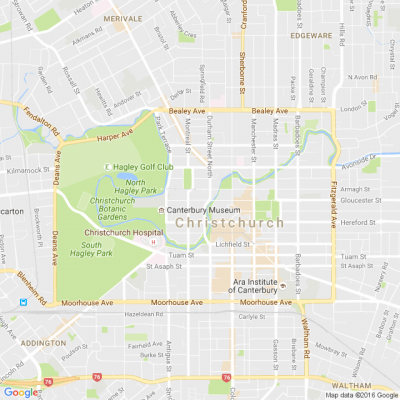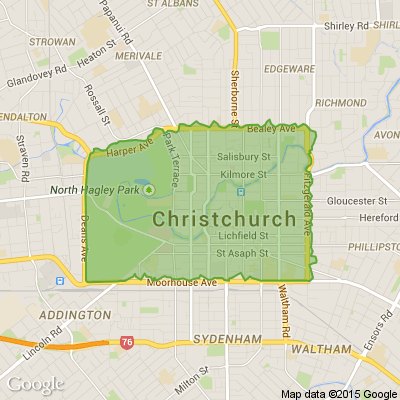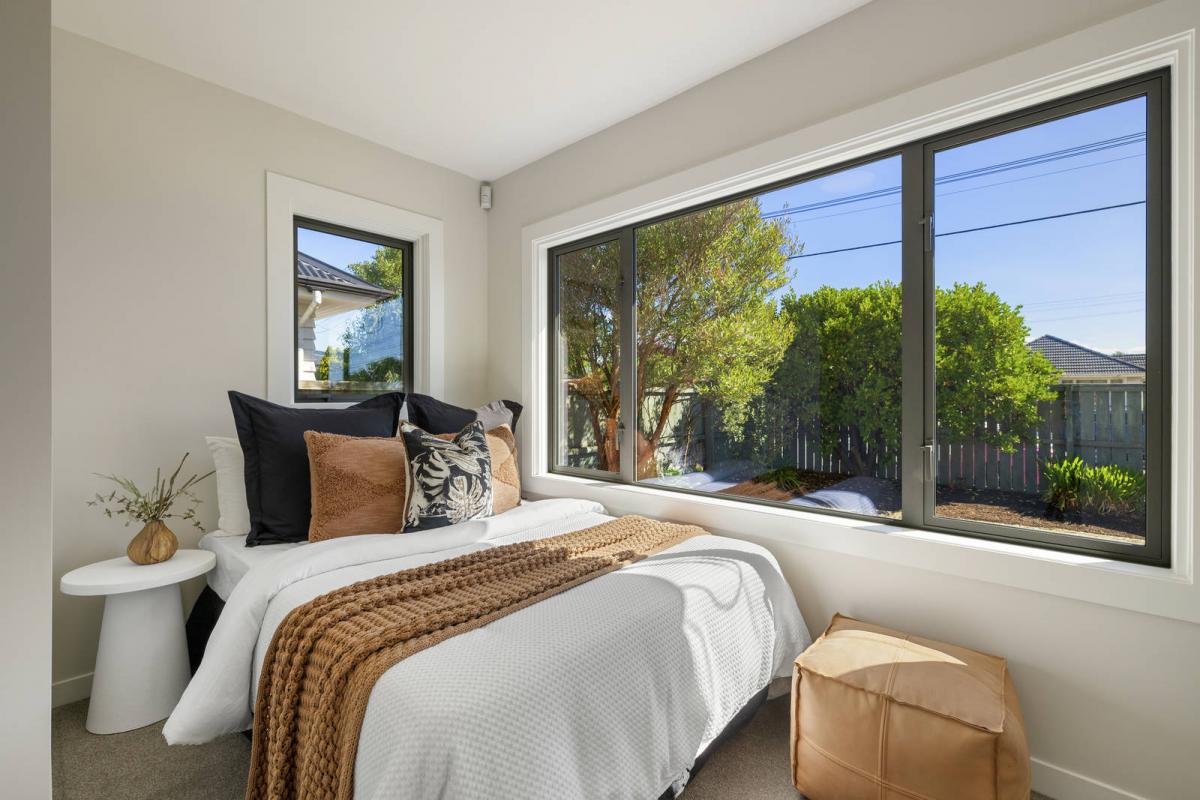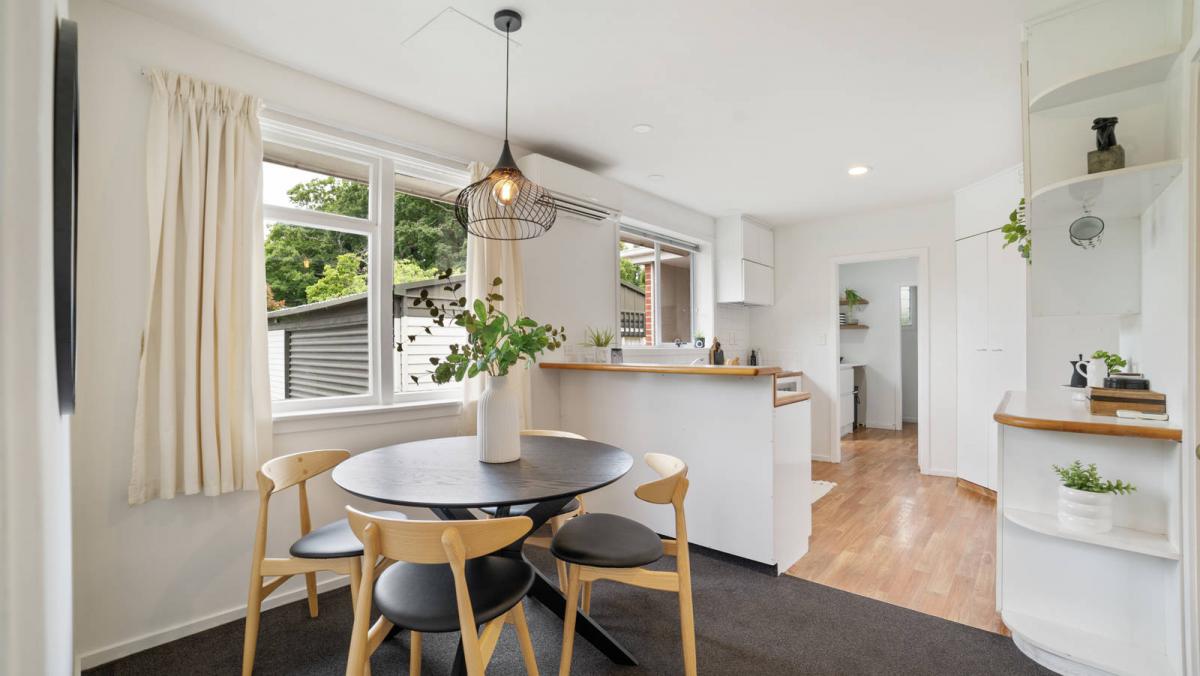Minister supports West Coast plan pause, despite fears over ratepayer cost
By local democracy reporter Lois Williams:
West Coast councils have done the right thing by pressing pause on environmental hearings for their new district plan, Associate Environment Minister Andrew Hoggard says.
And a longer pause would be even better, he says.
Hearings were set to begin later this month on the chapter of the proposed Te Tai o Poutini plan (TTPP) for the whole Coast, which deals with Significant Natural Areas.
But the TTPP committee of council and iwi representatives has told the hearings' commissioners they want to postpone the process until November.
By that time, they say, they should have a clearer idea of what changes the government is making to biodiversity rules.
Hoggard said it definitely makes sense to pause the process because change is under way.
“I would think by November the councils will have a much better idea as to the direction the government will be taking, so any work they do won’t be in vain."
By November the Freshwater and Other Matters Bill, which pauses the mapping of new Significant Natural Areas (SNAs) for three years, will have passed through Parliament and be enacted in law, Hoggard said.
And the councils will have been involved in consultation with the government about the nature of planned changes to the National Policy Statement on Indigenous Biodiversity.
The policy statement directs councils to map and protect Significant Natural Areas and has been hugely controversial on the West Coast where there are still many stands of native forest on private land.
Hoggard said consultation is getting under way.
"I would hope, come decision-time, the councils will have a clear idea of the government’s intentions.
“Ideally it would be good if they could hold off till the middle of next year, once all the changes are complete."
Buller mayor Jamie Cleine says that prospect is alarming.
“It would have cascading effects and costs for the ratepayers. We’d be working under two plans for a prolonged period – the proposed one and the old operative one.
“So when anyone applies for resource consent you have two lots of evidence, more expense, and lots of uncertainty.”
Hoggard said he planned to work with the West Coast councils to reach a pragmatic solution that would not waste ratepayers’ money.
Asked if the government would phase out the SNA classification entirely, Mr Hoggard said they wanted to redefine the criteria.
“We’ll review the entire NPSIB, what is ‘significant’; how SNAs are determined and some rules on how councils go about that ... it won’t what it looks like now.
“Rather than imposing a whole bunch of rules on landowners that take away property rights, how about we come up some carrot approaches rather than the stick, and … reward them for looking after that biodiversity.”
When Grey District identified its SNAs 15 years ago, many areas that qualified were put under QE11 Trust covenants by the owners, the Minister said.
“That shows to me farmers are happy to look after indigenous biodiversity on their land, and on the West Coast there is so much in the DOC estate, are two or three hectares on someone’s private land that significant?"
Deferring work on the plan till mid-2025 would buy time for councils to write rules in line with the government’s new direction, Hoggard said.
“Coast councils should ensure they come up with a plan that reflects how things will be, and is practical and sensible for farmers, ratepayers and landowners," the minister said.
Buller’s mayor is worried that further delays could also cost Buller $13 million, which was approved by the last government for roading and water services in Westport’s new growth area, up on Alma Rd.
“That’s contingent on rezoning (in the new plan) and the Government wants action on that by the end of the year or we lose the funding. So pausing the plan is a $13m problem for Buller," Cleine said.
Simply leaving out the Environmental Values chapter of the plan and forging on with the rest was not a practical solution either.
“The environmental rules are threaded through the whole plan - they apply in so many other sections, it makes no sense just to leave out that chapter."
In any case, the proposed plan gave Westland and Buller three years to start work on SNAs, so adopting it in its present form was not at odds with the government’s intentions, Cleine said.
“We could simply go ahead, get the thing operative and when the law changes, go back and do a Plan Change to accommodate it – which is something you have to do anyway to keep a plan current."
Hoggard said he hoped to find a way through the West Coast plan complexities that will work for everyone.
“I’ll have to check – all this stuff seems simple until I talk to lawyers and then everything gets much more complicated. But we will work with the councils to make sure we get a good outcome.”
New Year, Same Brain Teasers!
A man was found dead with a cassette recorder in one hand and a gun in the other.
When the police pressed “play,” the tape said, “I can’t go on,” and then there was a gunshot.
Yet, the police knew it was a murder.
How?
Do you think you know the answer to our daily riddle? Don't spoil it for your neighbours! Simply 'Like' this post and we'll post the answer in the comments below at 2pm.
Want to stop seeing riddles in your newsfeed?
Head here and hover on the Following button on the top right of the page (and it will show Unfollow) and then click it. If it is giving you the option to Follow, then you've successfully unfollowed the Riddles page.

We're talking new year resolutions...
Tidying the house before going to bed each night, meditating upon waking or taking the stairs at work.
What’s something quick, or easy, that you started doing that made a major positive change in your life?

⚠️ DOGS DIE IN HOT CARS. If you love them, don't leave them. ⚠️
It's a message we share time and time again, and this year, we're calling on you to help us spread that message further.
Did you know that calls to SPCA about dogs left inside hot cars made up a whopping 11% of all welfare calls last summer? This is a completely preventable issue, and one which is causing hundreds of dogs (often loved pets) to suffer.
Here are some quick facts to share with the dog owners in your life:
👉 The temperature inside a car can heat to over 50°C in less than 15 minutes.
👉 Parking in the shade and cracking windows does little to help on a warm day. Dogs rely on panting to keep cool, which they can't do in a hot car.
👉 This puts dogs at a high risk of heatstroke - a serious condition for dogs, with a mortality rate between 39%-50%.
👉 It is an offence under the Animal Welfare Act to leave a dog in a hot vehicle if they are showing signs of heat stress. You can be fined, and prosecuted.
SPCA has created downloadable resources to help you spread the message even further. Posters, a flyer, and a social media tile can be downloaded from our website here: www.spca.nz...
We encourage you to use these - and ask your local businesses to display the posters if they can. Flyers can be kept in your car and handed out as needed.
This is a community problem, and one we cannot solve alone. Help us to prevent more tragedies this summer by sharing this post.
On behalf of the animals - thank you ❤️










 Loading…
Loading…












